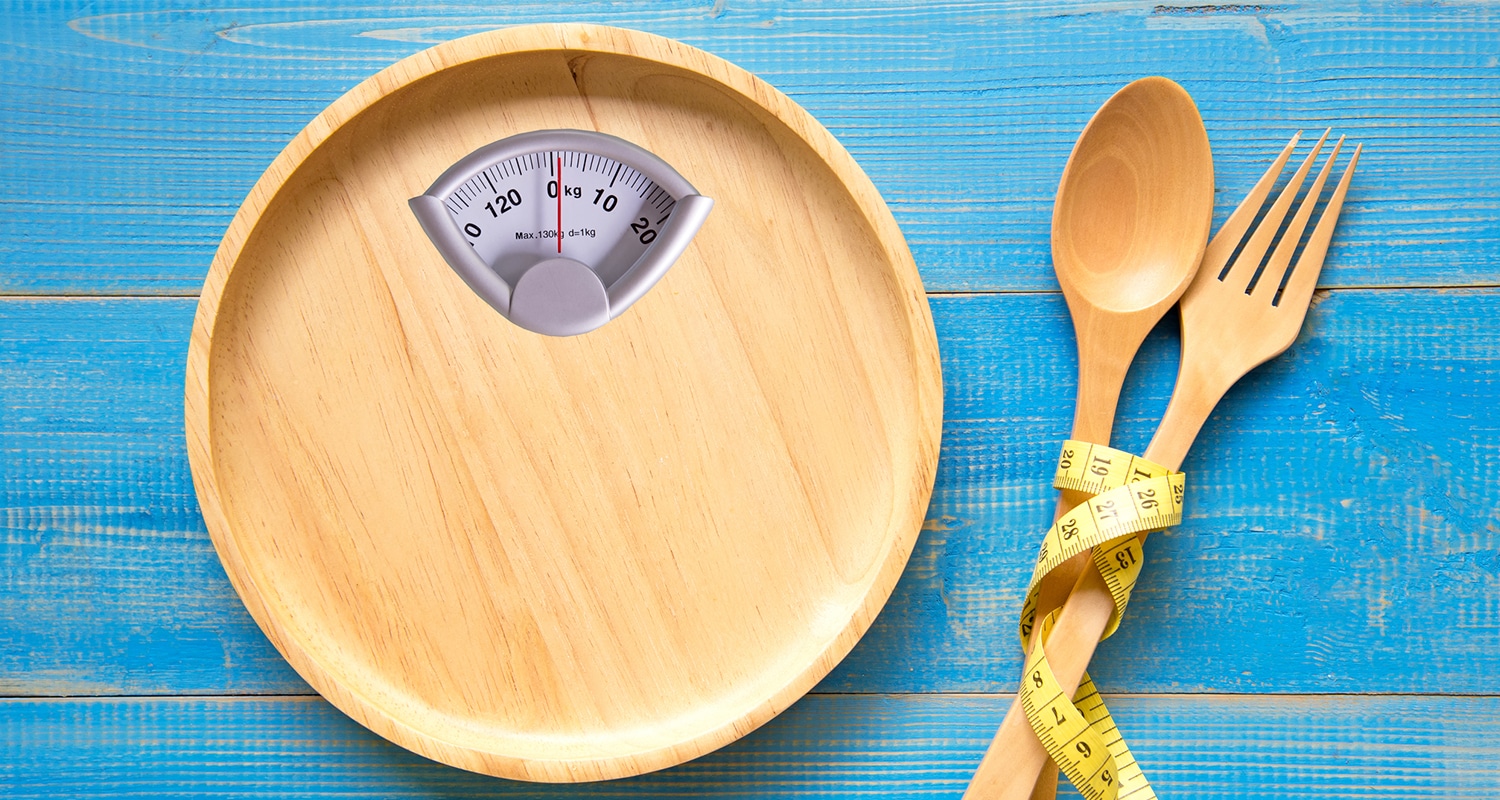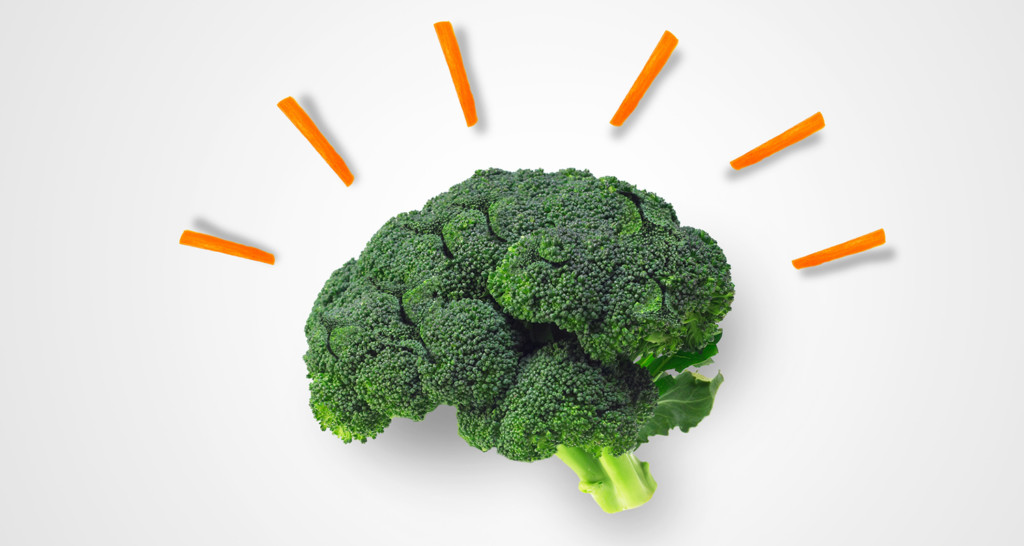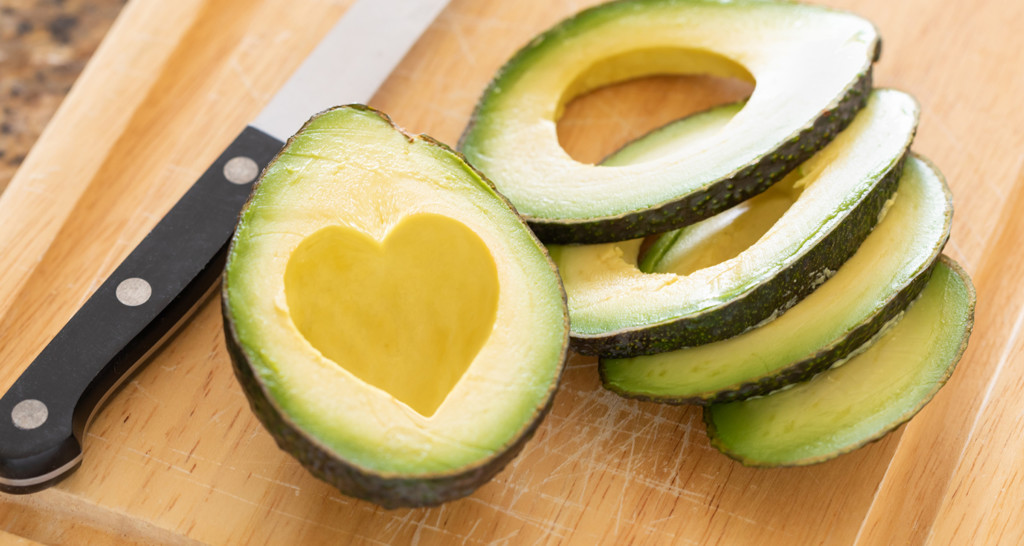
[tldr]
- It’s no secret that the keto diet helps you lose weight, and quickly. But the high-fat, low-carb eating plan benefits more than just your waistline.
- Keto changes the way your body fuels itself. You go into ketosis, when your liver produces ketones, an alternative source of fuel.
- There are plenty of benefits of the keto diet. Burning ketones boosts weight loss, strengthens your brain, stabilizes blood sugar, increases energy, lowers inflammation, and protects your heart.
[/tldr]
It’s no secret that the keto diet helps you lose weight, and quickly. That’s one of the main reasons why people are clamoring to try the high-fat, low-carb regime. But the keto diet benefits more than just your waistline. Passing on the bread is also good for your brain and your heart, plus it’ll keep you alive for longer. Read on to discover more about the benefits of the keto diet and how it can upgrade your performance, starting today.
Download the Keto Recipes for Beginners & Meal Plan now
Health benefits of the keto diet
Keto changes the way your body fuels itself. When you limit carbs, your body starts to burn fat, rather than glucose, for energy. You go into ketosis — when your liver converts fatty acids into molecules called ketones, an alternative source of fuel. Learn more about keto and how it works with this beginner’s guide. Burning ketones carries all kind of benefits:
The keto diet boosts weight loss
When you’re on keto, your body uses stored body fat and fat from your diet as fuel. The result? Rapid weight loss.[ref url=”https://www.ncbi.nlm.nih.gov/pubmed/23651522″] Ketones also influence the hormones that control appetite. Ketones suppress ghrelin (your hunger hormone) and increase cholecystokinin (CCK), which tells your brain when you’ve eaten enough.[ref url=”https://www.ncbi.nlm.nih.gov/pubmed/25402637″]
Learn more here about the keto diet and weight loss.
Fuels and strengthens your brain
Ketones provide your brain with immediate fuel. Ketones are so powerful that they can supply up to 70% of your brain’s energy needs — a more efficient source of energy than glucose.[ref url=”https://www.ncbi.nlm.nih.gov/pubmed/21489321″]
All those good fats on keto also feed your brain and keep it strong. Your brain is the fattiest organ in the body — made up of more than 60% fat — so it needs lots of good fats to keep it running [ref url=”https://www.ncbi.nlm.nih.gov/pubmed/20329590″] Learn more about why eating fat keeps your brain’s wiring in working order.
Studies show switching to keto can protect your brain from cognitive decline and improve memory.
In one study, women on a low-carb diet showed less confusion and responded more quickly during an attention task than women on a reduced-calorie diet.[ref url=”https://www.ncbi.nlm.nih.gov/pubmed/18804129″] In another study, elderly men and women at risk for dementia were put on the keto diet. After six weeks, they showed improved memory function compared to participants on a high-carb diet.[ref url=”https://www.ncbi.nlm.nih.gov/pmc/articles/PMC3116949/”]
Keto stabilizes blood sugar
Carbs turn into glucose (aka sugar) in the body. Eating too many carbs causes your blood sugar to spike. When you switch from carbs to fat for energy, you stabilize your blood sugar. Keto can be particularly beneficial for diabetics, who have high blood glucose levels. The keto diet may even cure diabetes — many diabetics are able to come off their medication when switching to keto. Find out more about keto and blood sugar here.
Gives you more energy
When your brain uses ketones for fuel, you don’t experience the same energy slumps as you do when you’re eating a lot carbs. On keto, your brain won’t start to panic, wondering when it will get its next hit of energy. When your metabolism is in fat-burning mode, your body can simply tap into its readily available fat stores for energy. The result? No more energy crashes or brain fog.
Ketosis also helps the brain create more mitochondria, the battery packs within your cells.[ref url=”https://www.ncbi.nlm.nih.gov/pubmed/16807920″] You need lots of strong mitochondria to give your cells and organs sustained energy so they can get their job done.
Keep in mind that your energy might be low the first week or two of starting keto, when many people get what’s known as the keto flu. Once it passes, you should feel better than ever. Find out how to conquer the keto flu.
The keto diet lowers inflammation
Inflammation is your body’s natural response to an invader it deems harmful. Too much inflammation is bad news. Chronic inflammation — when your body constantly pumps out inflammatory chemicals for months, and even years — is at the root of chronic diseases including certain cancers, heart disease, and diabetes.[ref url=”https://www.ncbi.nlm.nih.gov/pmc/articles/PMC3492709/”]
The keto diet switches off inflammatory pathways, and ketones produce fewer free radicals compared to glucose.[ref url=”https://www.ncbi.nlm.nih.gov/pmc/articles/PMC4124736/#S4title”][ref url=”https://www.ncbi.nlm.nih.gov/pubmed/15230345″] Damage from too many free radicals causes inflammation.[ref url=”https://www.ncbi.nlm.nih.gov/pubmed/8862535″]
Make sure you’re eating whole, unprocessed foods when on keto. There are different types of keto diets, and some, like dirty keto, may be low-carb but they’re still full of inflammatory foods. Learn more about how dirty keto works. Your best anti-inflammatory game plan is to emphasize good fats, grass-fed proteins, and fresh, organic vegetables, like on the Bulletproof Diet. Learn more with this Bulletproof Diet Roadmap.
Keto protects your heart
You eat less than 50 grams of net carbs a day on keto. Cutting down on carbs increases your high-density lipoprotein (HDL) levels. HDL is known as the “good” cholesterol — it turns on anti-inflammatory pathways and protects your heart from disease. The keto diet also lowers blood triglycerides[ref url=”https://www.ncbi.nlm.nih.gov/pubmed/23651522″] — fat molecules in your bloodstream. High levels of blood triglycerides are linked to coronary heart disease.[ref url=”https://www.ahajournals.org/doi/10.1161/circulationaha.106.637793″]
Read Next: How to Start Keto and Why Cyclical Ketosis Is Better















